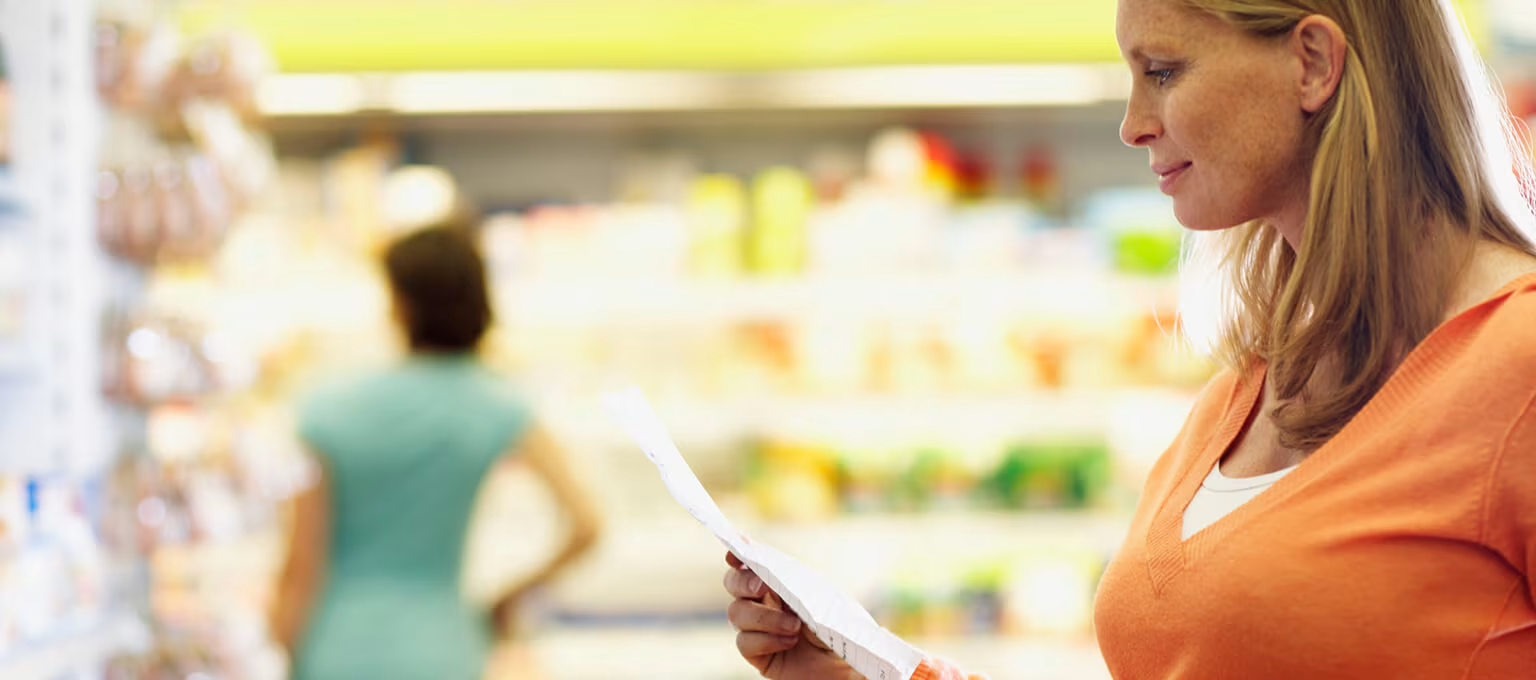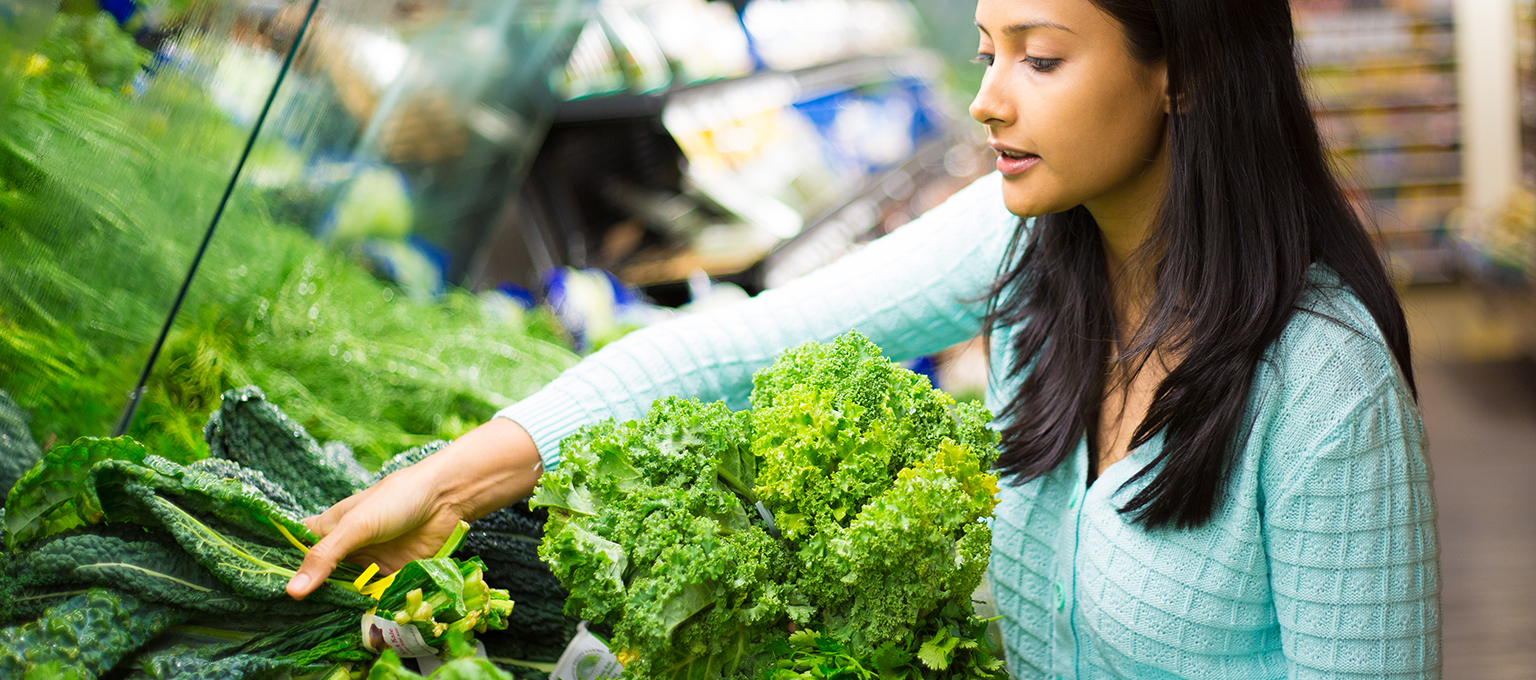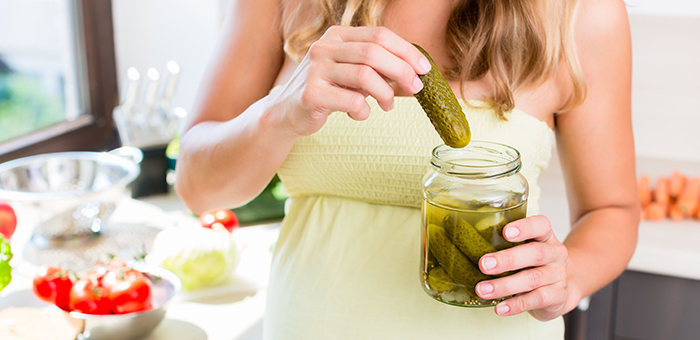
What Not to Eat When Pregnant
Eating healthily is important during pregnancy and part of that is knowing what’s safe to eat. You may have many questions about what not to eat when pregnant. For example, can you eat cheese when pregnant? What about fish and seafood like tuna or prawns? How much coffee is OK to drink? To find out about all these and more, have a read of this article. If there’s any other food or drink you’re curious about that we’ve missed, your GP or midwife will always be able to help.
Is It Safe to Drink Alcohol While Pregnant?
Experts are still not 100 percent sure how much alcohol may be safe to drink during pregnancy, so they recommend avoiding it entirely. If you were drinking before you knew you were pregnant, you shouldn’t worry unduly but talk to your GP if you have concerns. As soon as you think you might be pregnant, the best approach is to avoid drinking alcohol. You might not find it that hard to do as some mums-to-be report going off the taste of alcohol in early pregnancy.
There are direct links between high alcohol consumption during pregnancy and a higher risk of miscarriage, premature birth and a low birth weight. Excessive alcohol consumption can also lead to fetal alcohol syndrome in the baby, a serious condition that leads to poor growth, facial abnormalities and learning and behavioural problems.
Can I Drink Coffee?
You don’t need to avoid caffeine entirely but stick to less than 200 mg per day. One mug of filter coffee is 140 mg, while a mug of tea is around 75 mg. To give you a rough idea of what 200 mg of caffeine looks like in other drinks, it’s around five cans of cola or two and a half cans of an energy drink. Chocolate can also include caffeine. One 50 g bar of dark chocolate includes up to 25 mg of caffeine, and the same amount of milk chocolate has up to 10 mg of caffeine.
How About Herbal Tea?
Experts aren’t quite sure how safe herbal and green teas are during pregnancy, so it is best to drink them in moderation: At most four cups per day.
Can I Eat Meat, Poultry, Deli Meats or Pâtés?
When pregnant, you are more sensitive to bacteria and infection. One foodborne bacteria you need to be extra careful about is listeria. Foods that can carry listeria include cold meats, pâté, unpasteurised milk and soft cheeses. Listeria can cause the illness listeriosis, which can lead to severe pregnancy complications and even miscarriage. Symptoms of listeriosis include a high temperature, feeling sick, chills and diarrhoea. If you notice these symptoms, call your GP as treatment with antibiotics may be required.
Some meat products carry the risk of toxoplasmosis, which is an infection caused by a parasite. To safely consume deli meats, freeze them for four days before eating as this will kill most parasites. Thoroughly cook meat and poultry and check there’s no trace of pink or blood before eating. It’s a good idea to clean all surfaces and utensils after preparing meat products, too.
As you make changes to your diet, your doctor will keep an eye on you to make sure you’re getting enough nutrients. In some cases, your GP may recommend pregnancy vitamins to supplement your intake of certain vitamins and minerals.
Can I Eat Cheese and Milk?
Although dairy products are an important part of a healthy pregnancy diet, some are off limits. Avoid unpasteurized milk and some cheeses like unpasteurized brie and camembert, and blue cheeses like Danish blue, gorgonzola and Roquefort as these can carry dangerous bacteria and lead to foodborne illnesses like listeriosis.
Hard cheeses like cheddar, parmesan and stilton are safe to eat, as are soft cheeses made with pasteurised milk. This means you can eat goats cheese while pregnant, along with most feta, cottage cheese, mozzarella, ricotta and halloumi, among others.
What About Eggs?
Eggs are highly nutritious but you should avoid raw and undercooked eggs because they may carry salmonella. Typically, it’s best to avoid foods that contain raw or partially cooked eggs like raw batter, homemade Hollandaise sauce, Caesar dressing and eggnog.
In the UK, some eggs are produced under the Lion Code, a food safety standard that ensures the eggs are at a very low risk of salmonella. Lion Code eggs are therefore safe for you to eat, even lightly cooked, so you can even enjoy them soft boiled or in desserts like soufflés and mousses.
Can I Eat Fish and Seafood?
Fish and seafood can be great for you, but it’s important to be careful with the type you eat, and how it’s prepared.
Fish that are high in mercury, such as shark, swordfish and marlin, pose a risk to your baby’s developing nervous system and should not be eaten.
You can eat tuna when pregnant, but you should limit your intake because of higher levels of mercury. Aim for a max of about two tuna steaks or four medium-sized cans of tuna a week.
Oily fish pose a slight risk of carrying pollutants, so limit yourself to about two portions a week of fish like salmon, trout and mackerel. Wondering if you can eat smoked salmon when pregnant? The good news is: Yes! Smoked fish like smoked salmon and smoked tuna are OK to eat.
Raw or lightly cooked fish dishes are fine to eat so long as the fish was frozen beforehand. This is because fish may carry worms, which freezing will kill. If you’re unsure about how the fish was prepared it’s probably best to avoid it. You can also eat prawns and other shellfish when pregnant if they are fully cooked.
Sushi is fine to eat, just make sure the filling is safely prepared. For example, if you’re sure the fish was frozen beforehand, it’s fine to eat sushi filled with raw or lightly cooked fish. Because it’s not always easy to tell how food was prepared, the safest choices might be sushi filled with fully cooked eel (unagi) or shrimp (ebi), vegetables like cucumber or avocado, or well-cooked omelette.
Should I Take Care With Fruits And Vegetables?
Luckily, the list of fruits and vegetables not to eat when pregnant is short! Fruits and vegetables are an important part of any balanced diet but you should be careful to thoroughly wash all raw fruits and vegetables to get rid of any harmful bacteria.
One thing to know about, though, is that because sprouts are grown in humid conditions, they are more likely to carry bacteria such as salmonella, listeria and E. coli. This is why it’s safest to avoid raw sprouts like alfalfa, clover, radish and mung beans. If you do want to consume sprouts, make sure you cook them thoroughly.
FAQS AT A GLANCE
- Raw meat
- Cold meats
- Deli meats
- Pâté
- Unpasteurized milk and cheeses
- Raw or undercooked eggs
- Fish high in mercury like such as shark, swordfish and marlin
- Uncooked shellfish
- Raw sprouts.
It’s important to eat healthily so you and your baby get the nutrients you need. Although it may seem like there are many things you can’t eat, there is still so much you can still enjoy! Find out what could be part of a healthy pregnancy diet for some ideas.
Read more about Pregnancy
Join Pampers Club and get:









